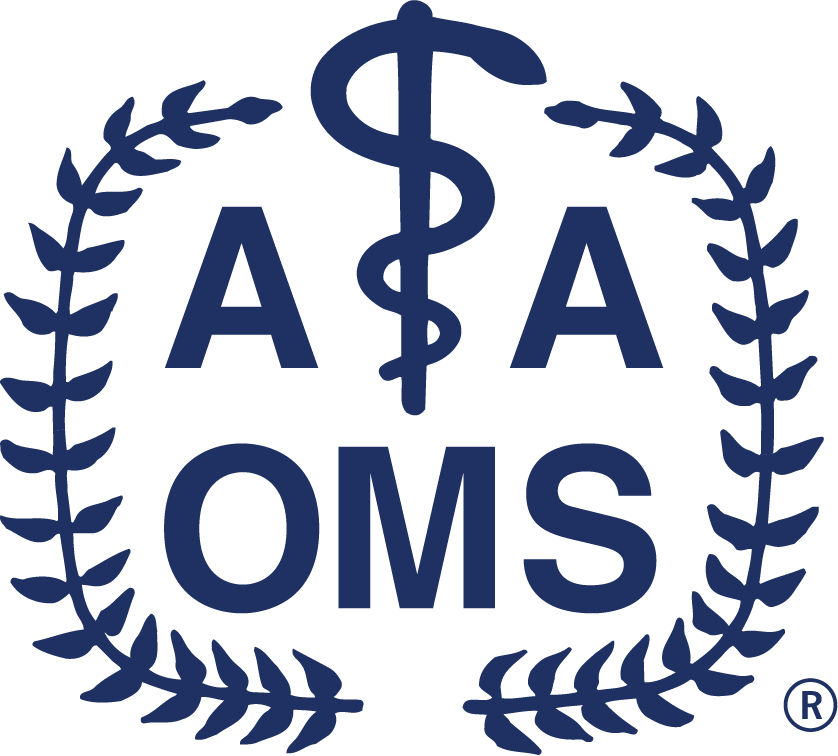
Surgical Management of Nerve Injuries following Ablative and Dentoalveolar Procedures - On Demand Access
-
You must log in to register
- Member - $50
- Resident Member - Free!
- Allied Staff Member - $50
- Professional Staff Nonmember - $100
- Other Nonmember - $100
Damage to nerves during maxillofacial ablative procedures or dentoalveolar procedures can lead to significant functional deficits, which may include anesthesia, tingling, dysesthesia, electric sensations or allodynia. Microsurgical nerve repair techniques have been developed to improve the environment in which the nerve endings heal, providing a better chance for functional recovery. This 60-minute webinar will cover the techniques and outcomes of microsurgical nerve repair using nerve allografts and conduits. Technical and procedural expertise will be shared through case studies and procedural videos.
Learning Objectives
At the conclusion of this program, participants should be able to:
- Identify situations where peripheral nerve reconstruction will benefit patients.
- Discuss how to optimize outcomes in the surgical reconstruction of nerves during ablative procedures.
- Review surgical knowledge on the approach and repair of trigeminal nerve injuries and reconstruction.
An Internet-based CDE/CME Activity
Original Release Date: June 30, 2021
Last Review Date: April 20, 2024
Expiration Date: April 20, 2027
Estimated time to complete this educational activity: 1.0 hours
Method of participation: Self-Study
Daniel Petrisor, DMD, MD, FACS
Associate Professor, Director, Head and Neck Oncologic and Microvascular Reconstructive Surgery
Oregon Health & Science University
Disclosures: No relevant financial disclosures.
Continuing Education Provider Approval
The American Association of Oral and Maxillofacial Surgeons is an ADA CERP Recognized Provider.
ADA CERP is a service of the American Dental Association to assist dental professionals in identifying quality providers of continuing dental education.
ADA CERP does not approve or endorse individual courses or instructors, nor does it imply acceptance of credit hours by boards of dentistry.
The American Association of Oral and Maxillofacial Surgeons designates this activity for 1.0 continuing education credit(s).
AGD - Accepted Program Provider
FAGD/MAGD Credit
11/1/22-12/31/26
Provider ID# 214680
The American Association of Oral and Maxillofacial Surgeons (AAOMS) is accredited by the Accreditation Council for Continuing Medical Education (ACCME) to provide continuing medical education for physicians.
The American Association of Oral and Maxillofacial Surgeons designates this internet-based enduring material for a maximum of 1.0 AMA PRA Category 1 Credit(s)™. Physicians should claim only the credit commensurate with the extent of their participation in the activity.


